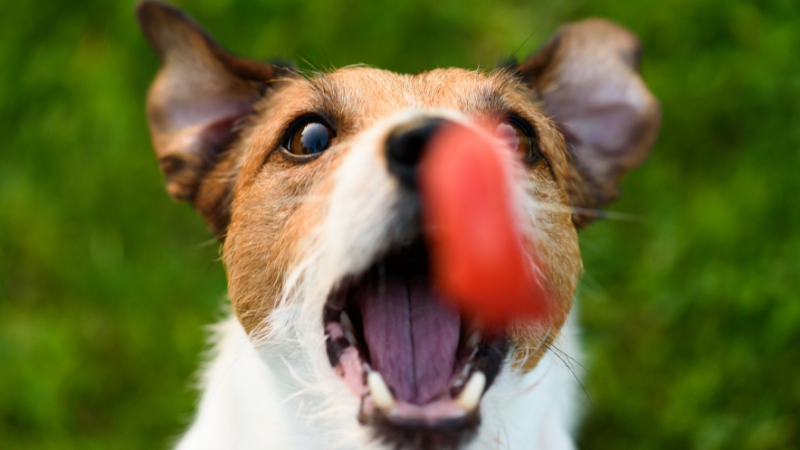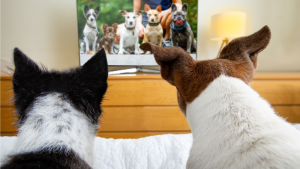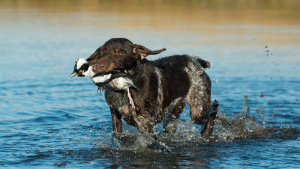Your dog is one of your closest friends, your pal, your amigo. So of course, you never want to come down on them too hard. But being the parent to a furry child sometimes involves doling out tough love. Having the ability to reward your dog when they do things well and not reward them for bad dog behaviors will make a world of difference in how your dog approaches its daily living.
The best times and only time to reward your dog are when they are doing what you want them to do. The treat should also be given as they are actively doing that behavior. Not after. If you need to discipline your dog, that should happen as they’re doing the bad behavior, not after. Dogs will be confused if you are offering treats, rewards, praise, and discipline after the fact. They may not realize what you’re trying to communicate to them.
Some of the most common misbehavior from your canine companion will include begging for table scraps, digging holes in the yard, chewing on cherished items, barking excessively at strangers and doorbells, and marking the inside of your home with their urine.
When the dog is about to participate in any of these behaviors and you need to get your point across, shouting at the dog or hitting them is not effective. The dog does not grasp this form of discipline and all it teaches them to is become despondent and start becoming more sneaky about the behavior.
These forms of discipline and correction also usually make your dog become afraid of you. A fearful dog is never going to be a good dog. A good dog will be a confident dog who knows his or her boundaries.
A firm “no” is the best way to get your point apart, and then not rewarding them with any treats, praise, or extra attention. Then, when your do is being good, you should shower them with praise and rewards. This builds a positive connection between the good behaviors and your happiness with them.
That is why the dog should be rewarded for avoiding any of the behaviors that you have explicitly warned them about in the past, sometime even after you’re finished with your training basics. Positive reinforcement goes a long way towards showing your dog that listening to its owner is the right way to go.
On the flip side of the coin, a dog should never be rewarded in instances where their behaviors do not meet the established criteria that the owner has set. Sometimes people don’t even realize that they are accidentally encouraging bad behaviors. Sometime, simply giving your dog attention when they’re doing the bad behavior can be seen as a good thing to your dog.
Giving your dog too many rewards, on the other hand, teaches them that their owner is a pushover and to continue behaving any way they choose. Say for instance you’re trying to teach your dog to lay down. You should only then give the treat when the dog is in a full lay. Don’t give in and start giving the treats for a half lay or if the dog lays down and quickly pops back up. If you do this, your dog will think that’s good enough for what you want and you’ll have a very hard time getting them to do a full lay consistently.
Consistency is key when raising a dog and when an owner goes back and forth about their training methods, the dog does not end up learning anything at all.
A dog should not be rewarded when they are being overly aggressive. Some owners become nervous, because a dog will behave in an overly rambunctious manner when a reward is involved. Or they might try to calm the aggressive dog down with treats or praise to stop the aggressive episode. However, rewarding this behavior only serves to encourage it.
While the method of providing rewards or revoking them should be modified depending on the particular situation, it is best to reward your dog for following the rules you’ve set and to withhold rewards when they do not. Dogs obviously have a difficult time understanding the English language, so once you have taught them a few key commands and the rules of the home, rewards should become something that is used to uphold these rules, in a manner that is consistent.
If you’re having difficult training your dog yourself, you should always seek out a good dog trainer. They can help you discover what methods work best with your dog.




